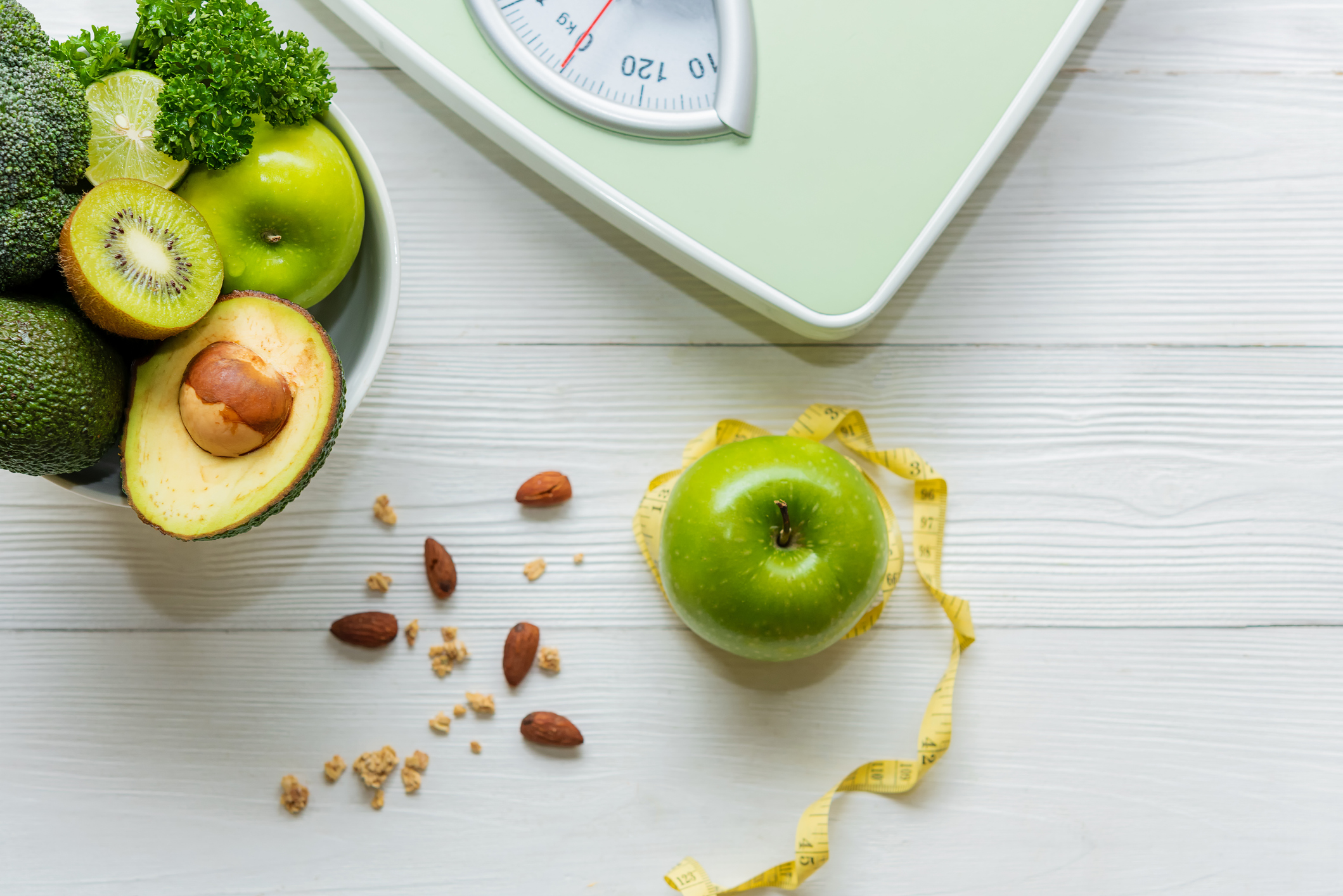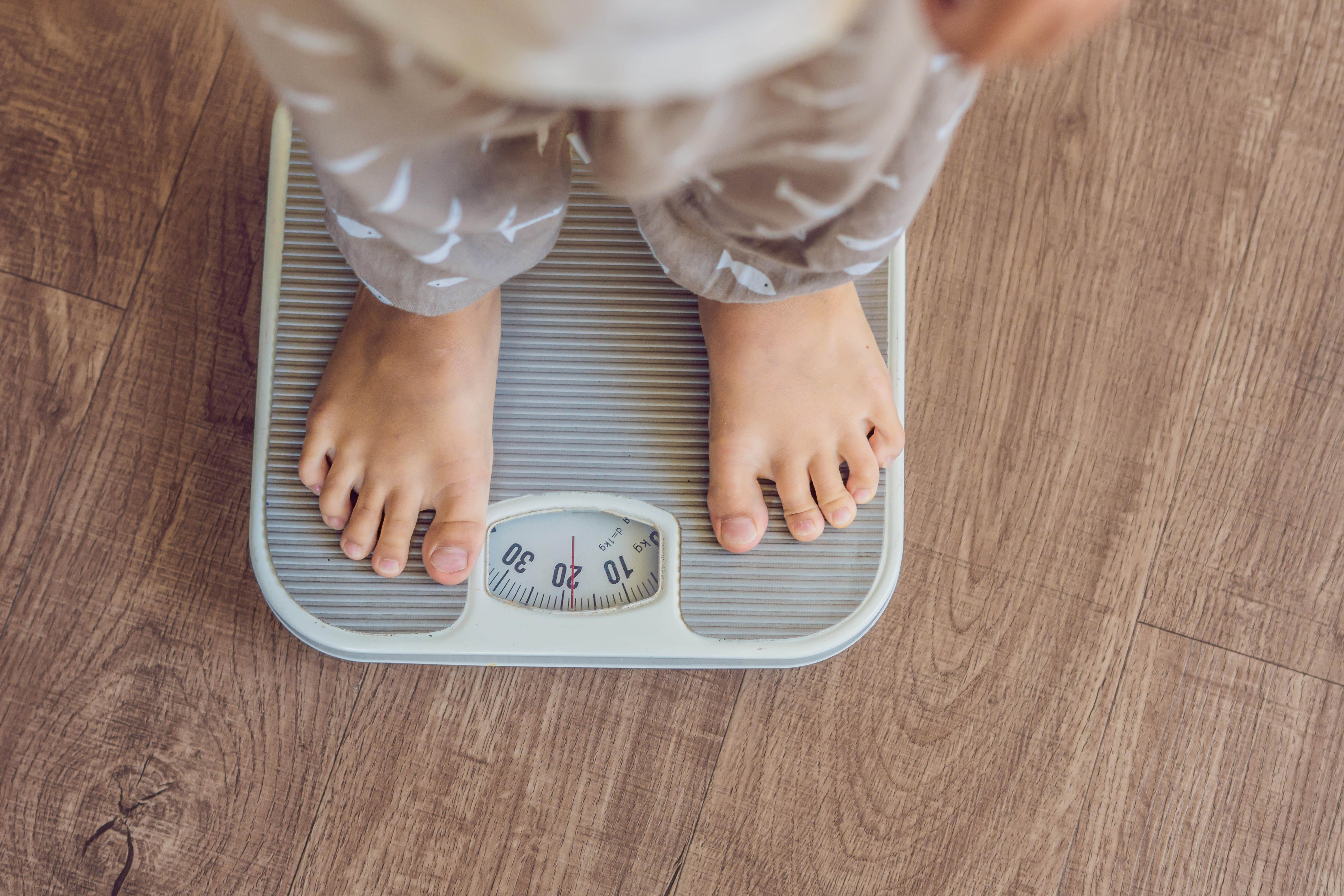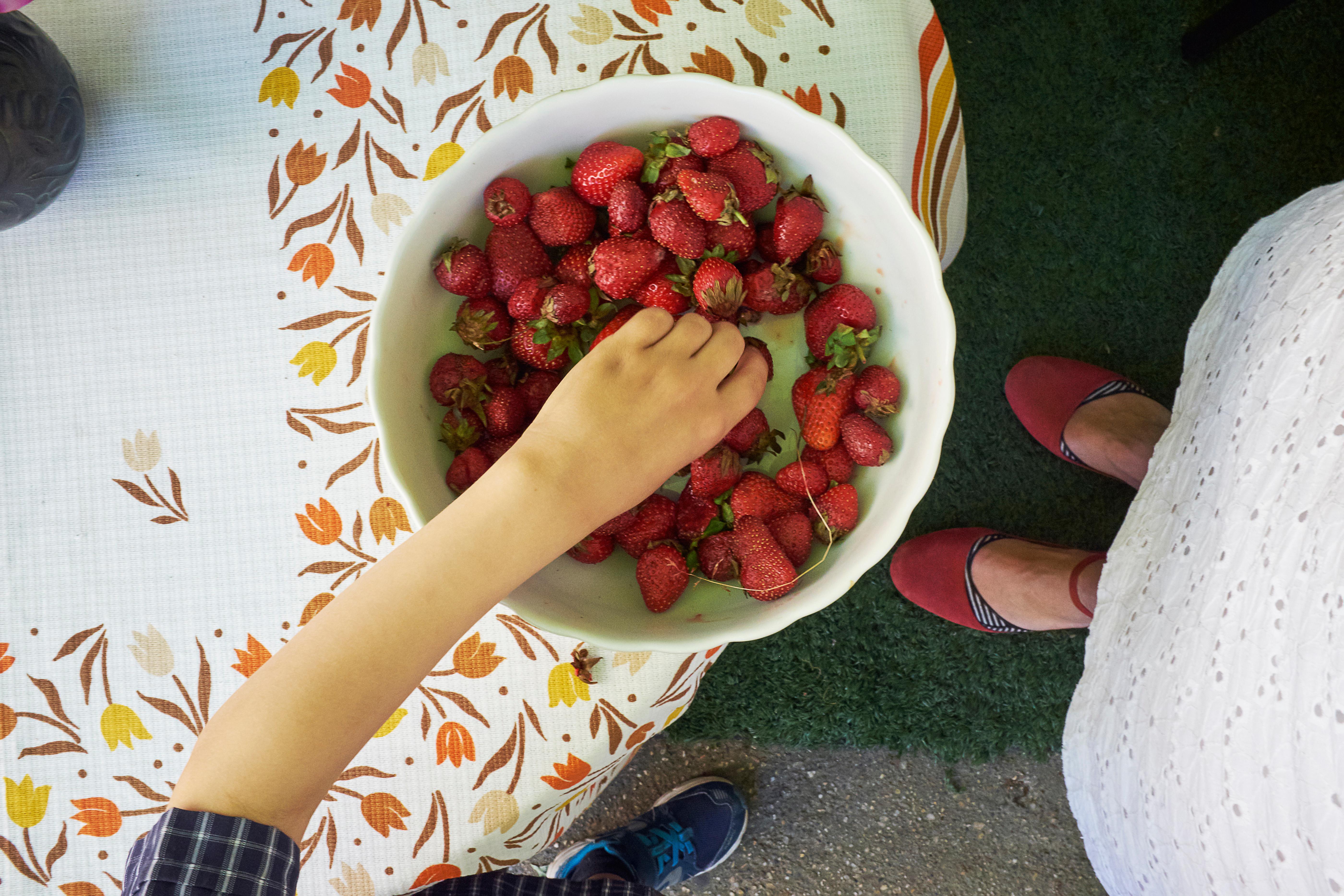A BMI calculator for kids: How to work out if your child is a healthy weight
Finding it difficult to maintain your child's healthy eating and exercise during lockdown, or concerned they're not eating enough? Read on to find out how a BMI calculator can help.


Parenting advice, hot topics, best buys and family finance tips delivered straight to your inbox.
You are now subscribed
Your newsletter sign-up was successful
A BMI calculator for kids can help you figure out if your child is a healthy weight.
First up, what is BMI? ‘BMI stands for 'Body Mass Index' and is derived from our height and weight to show us whether or not our overall body weight is within a healthy range,’ says nutritionist, Simone Thomas. ‘BMI can be misleading though for those who practice sports or have a larger muscle mass than usual.’
When you child turns 2, the doctor will check their BMI at all routine check-ups, and because BMI changes with age, doctors use standard gender-specific growth charts to plot children’s BMI measurements. This allows them to track your child’s growth pattern. Although this isn’t a perfect measure of body fat, BMI does help identify children who are gaining weight too slowly or too quickly.
Once BMI is calculated, it is conveyed as a percentile which you can get from a graph or percentile calculator. These show measure and growth patterns of children in the UK so you can compare your child’s measurements with others of the same gender and age. For example, a child who has a BMI in the 40th percentile, 40 per cent of the children of the same gender and age who were measured had a lower BMI.

According to the NHS, the following categories will help you find out if your child is a healthy weight.
Try the NHS' online tool: BMI calculator for kids
- Underweight – on the 2nd centile or below
- Healthy weight – between the 2nd and 91st centiles
- Overweight – 91st centile or above
- Very overweight – 98th centile or above
How can you ensure your child is a healthy weight?
‘For all children, they should eat a balanced nutritious diet, this does not mean McDonalds, processed foods, soda, crisps and biscuits as a daily snack. These foods should be as a special treat once or twice a week maximum, says Simone. ‘Daily, they should be having at least 3 to 5 food groups at each meal: fruit, vegetables whole grains, dairy, meats, fish and beans as well as water which is essential and not cups full of squash which have sugars in or MSG’s.’
‘Children that are over-weight (unless medical) will happen due to a poor diet high in sugars and processed foods as well as lack of exercise,’ says Simone.
Parenting advice, hot topics, best buys and family finance tips delivered straight to your inbox.
The NHS also recommends that you act as a role model for your child’s healthy eating and activity. Encourage exercise, eating plenty of fruit and veg, and getting a good nights sleep and bedtime routine.

Simone recommends that you book an appointment with your GP if you are concerned about any of the following:
- If you feel your child is under-weight or over-weight and this is confirmed after checking their BMI. You can do this using the NHS online tool.
- If you notice your child is losing weight or they're under-weight, feel tired or are constant feeling unwell.
- If there any concerns about your child’s growth (too small or to tall)
- When there weight or height or BMI is below the 0.4th centile
Rose Goodman joined Future Publishing in 2020 and writes across Goodto.com, Woman & Home, Woman, Chat and Woman’s Own magazines. Prior to pursuing her career as a writer, Rose obtained a degree in psychology and went on to work in adult mental health for five years at Addenbrooke’s Hospital, Cambridge, specialising in eating disorders. She is fully trained in first aid, medical emergency response and motivational interviewing – a directive, patient-style counselling approach to address ambivalence in recovery. She graduated with a MA in creative writing from the University of Brighton in 2017. In her spare time she enjoys writing poetry and attending literary events, and offers weekly support to those living with homelessness. Rose has a passion for raising awareness around mental illness and the importance of prioritising our wellbeing.
